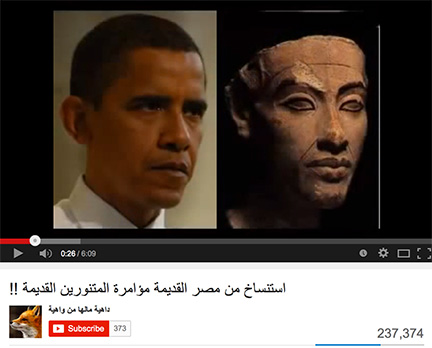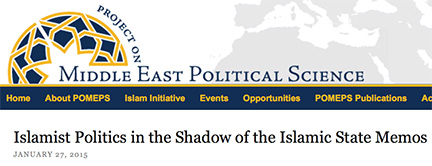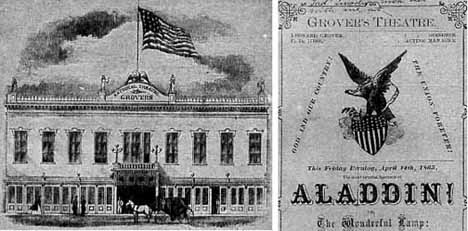
Large crowd looking at the burned body of Jesse Washington, 18 year-old African-American, lynched in Waco, Texas, May 15, 1916. (Library of Congress)
Growing up on the King James Bible, there are certain passages that are forever embedded in my mind. One of these came vividly to mind after reading a powerful essay by Bill Moyers on the recent horrific burning of a Jordanian pilot by ISIS. The verse is from Matthew 7:5:
Thou hypocrite, first cast out the beam out of thine own eye; and then shalt thou see clearly to cast out the mote out of thy brother’s eye.
Like the jot and the tittel (Matthew 5:18), this is a phrase that not only resonates in the rhetoric of this classic text but serves as a reminder of our all-too-human capacity to selectively forget disagreeable parts of our own past. The issue is not about the barbaric and savage public display of a young Jordanian man burnt alive. This is a despicable act, like the beheadings, perpetrated in order to get a reaction. It is no more a unique “religious” act than the post auto de fe burnings of the Inquisition in Spain, unless you believe that it is only religion that motivates one human being to torture and cause pain on another. I think it does not do injustice to the verse to say that casting a beam out of one’s own eye is important even for casting out the beam in another’s eye.
The beam in the other is the burning of the pilot. The beam in our own eye is microcosmed in the testicle cutting, lynching and burning alive of a young black man named Jesse Washington in 1916 in Waco Texas. Continue reading Beams and Motes →










